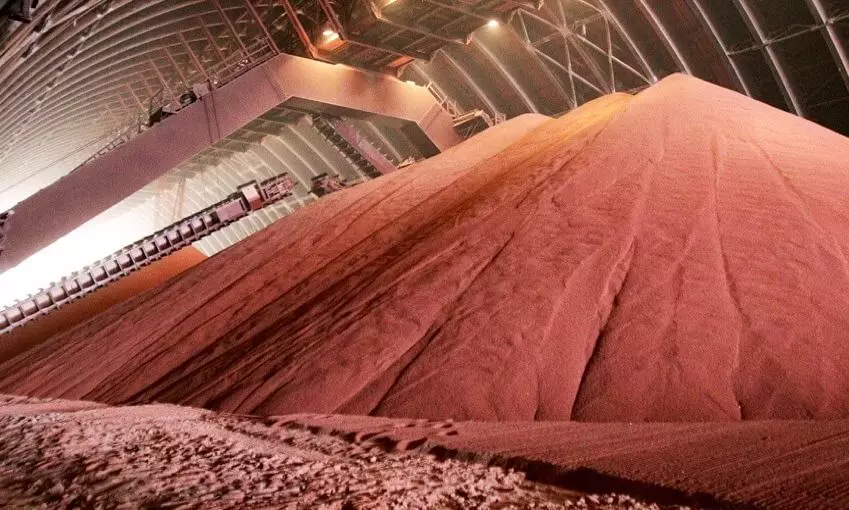Canada-India row: Drewry sees minimal impact on dry bulk shipping
Canada is India’s second-largest trade partner for potash, and the world’s largest producer and exporter

(Photo credit: ciss-group.com)
The political row between Canada and India escalated last week and trade talks between the two countries have already been halted but Drewry expects a minimal impact on dry bulk shipping even if trade between them deteriorates further.
India imports coking coal, potash and some scrap from Canada while India's exports to Canada are limited to steel products in modest volumes.
"India’s coking coal imports are the highest among all the traded commodities from Canada. However, the latter is India’s fourth largest trading partner for coal with its share being only four percent."
Canada, however, is India’s second-largest trade partner for potash, and the world’s largest producer and exporter, the update added. "India depends on fertiliser imports to support its agrarian economy. This is particularly crucial when exports from Belarus, the next most significant exporter of potash, have been facing logistical constraints amid sanctions."
India's edge over Canada
India’s bilateral trade with Canada stood at $8.2 billion during the financial year 2022-23 (April-March), which was just 0.70 percent of India’s total trade of $1,16 billion, The Indian Express reported.
"Canada was India’s 35th biggest trading partner country. India has higher bilateral trade with smaller countries like Nepal ($8.9 billion) and Taiwan ($11 billion). Canada is among the few countries with which India has a trade surplus ($58.45 million)."
No major impact on trade
Trade between Canada and India contributes less than one percent to the global tonne miles generated, says Tanvi Sharma, Research Analyst - Bulk Shipping, Drewry. "Considering a scenario-based analysis, if there is an imposition of trade restrictions and India sources coking coal from alternative sources such as Australia and Russia in the remaining 2023 to meet its annual demand, the reduction in tonne-miles will be about 0.01 percent of the annual tonne mile demand from coking coal. In case of a partial shift in trade to these alternatives, the contraction in shipping demand would be negligible.
“Similarly, completely sourcing the annual potash demand from Israel and Belarus (through Murmansk) by replacing Canada would reduce shipping demand to trade potash by 0.25 percent. The cumulative impact of sourcing coking coal and potash from other countries will be reduced shipping demand, which is an insignificant 0.004 percent of the total dry bulk shipping demand. Even if counter-restrictions are imposed by Canada, leading to imports of steel products from Turkey or the U.S. instead of India, the impact will be negligible on shipping demand due to low trade volumes."
Any further strained relations between the two countries may shift trade patterns but will effectively not pose any substantial risk to earnings in the sector even if trade is hampered, the update added.



